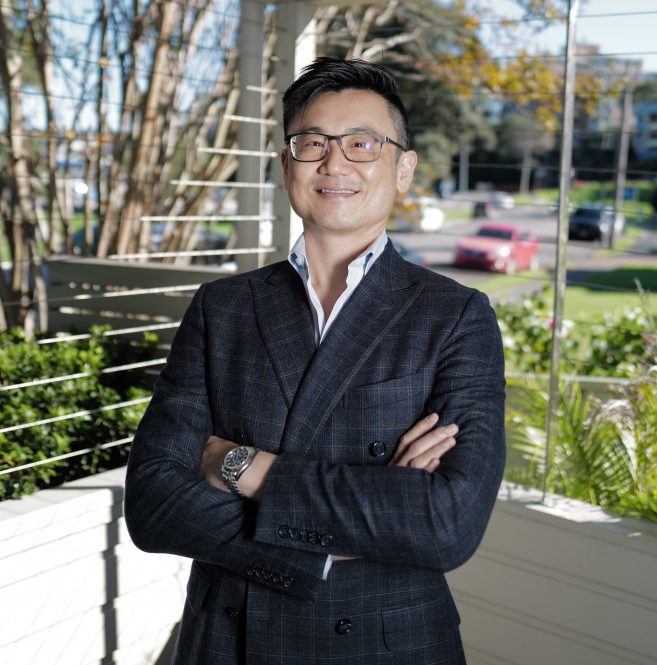- Comprehensive Breast Care for Sydney
- New website Same Amazing Team!
- Get In Touch!
Breast implant removal, also known as explant surgery, is a procedure to remove breast implants that were placed during a previous augmentation or reconstruction. At the Oncoplastic Surgical Centre in Central Coast and Sydney, this procedure is undertaken in accordance with clinical indications, individual circumstances, and established surgical protocols. Each case is managed according to the relevant clinical requirements.
There are various reasons a person may consider this procedure. These can include medical considerations such as capsular contracture, implant rupture, pain, or changes in breast tissue. Some individuals may have personal reasons for seeking removal, or their surgeon may advise it based on imaging findings or long-term implant factors.
Each patient’s circumstances are different. A consultation with an experienced oncoplastic or reconstructive surgeon allows for an assessment that takes into account medical history, the current condition of the breasts, and the type of implant used. The consultation is an opportunity to review imaging results and discuss the surgical method and associated considerations.
Explant surgery is typically performed under general anaesthesia. The specific surgical technique depends on factors such as implant type, the condition of the surrounding tissue, and the location of previous surgical incisions.
The procedure may involve:
If the implant removal is part of a breast reconstruction process, other procedures may be discussed following a thorough medical assessment.
After the procedure, patients are monitored in a clinical setting. Some discomfort, swelling, and bruising can be expected during the initial healing phase. Dressings and supportive garments are used as required, and follow-up appointments are scheduled to monitor progress.
The duration of recovery varies based on the specifics of the surgery, the individual’s healing process, and whether other procedures were performed concurrently.
Patients are provided with postoperative instructions to support the healing process and help manage potential complications.
As with any operation, explant surgery has potential risks. These can include bleeding, infection, scarring, fluid accumulation, asymmetry, or changes in the shape of the breasts.
Before the procedure, the surgeon will discuss these potential risks, along with any additional factors relevant to the patient’s prior implant history or type of reconstruction.
Preoperative planning and appropriate imaging are used to determine a suitable surgical approach for each patient.
At the Oncoplastic Surgical Centre, consultations are conducted by surgeons with specialised experience in reconstructive and oncoplastic breast surgery. The consultation aims to provide medically factual information, allowing individuals to make informed decisions about implant removal.
This provides general information about removing breast implants (explant). It does not replace a consultation, clinical assessment, or individualised planning.
Breast implant removal may be recommended for several reasons, including capsular contracture, implant rupture, pain, changes in breast tissue, or concerns identified on imaging. Some individuals also choose removal for personal or aesthetic reasons. During a consultation, your surgeon will assess your medical history, implant type, and current breast condition to help determine whether explant surgery is appropriate.
Explant surgery is usually performed under general anaesthesia. The surgeon may remove the implant through the original incision site where possible. Depending on your clinical needs, a partial or total capsulectomy (removal of the scar capsule around the implant) may also be performed. The surgical approach is tailored to the implant type, surrounding tissue condition, and your individual goals.
Signs of implant rupture can include changes in breast shape, firmness, discomfort, or noticeable asymmetry. However, some ruptures may show no obvious symptoms and are detected only through imaging such as ultrasound or MRI. A consultation with an experienced oncoplastic or reconstructive surgeon helps determine whether removal is necessary.


Take the first step towards expert care—schedule your consultation with Oncoplastic Surgical Centre today and receive personalised treatment from Dr. Paul Chen and his team.




